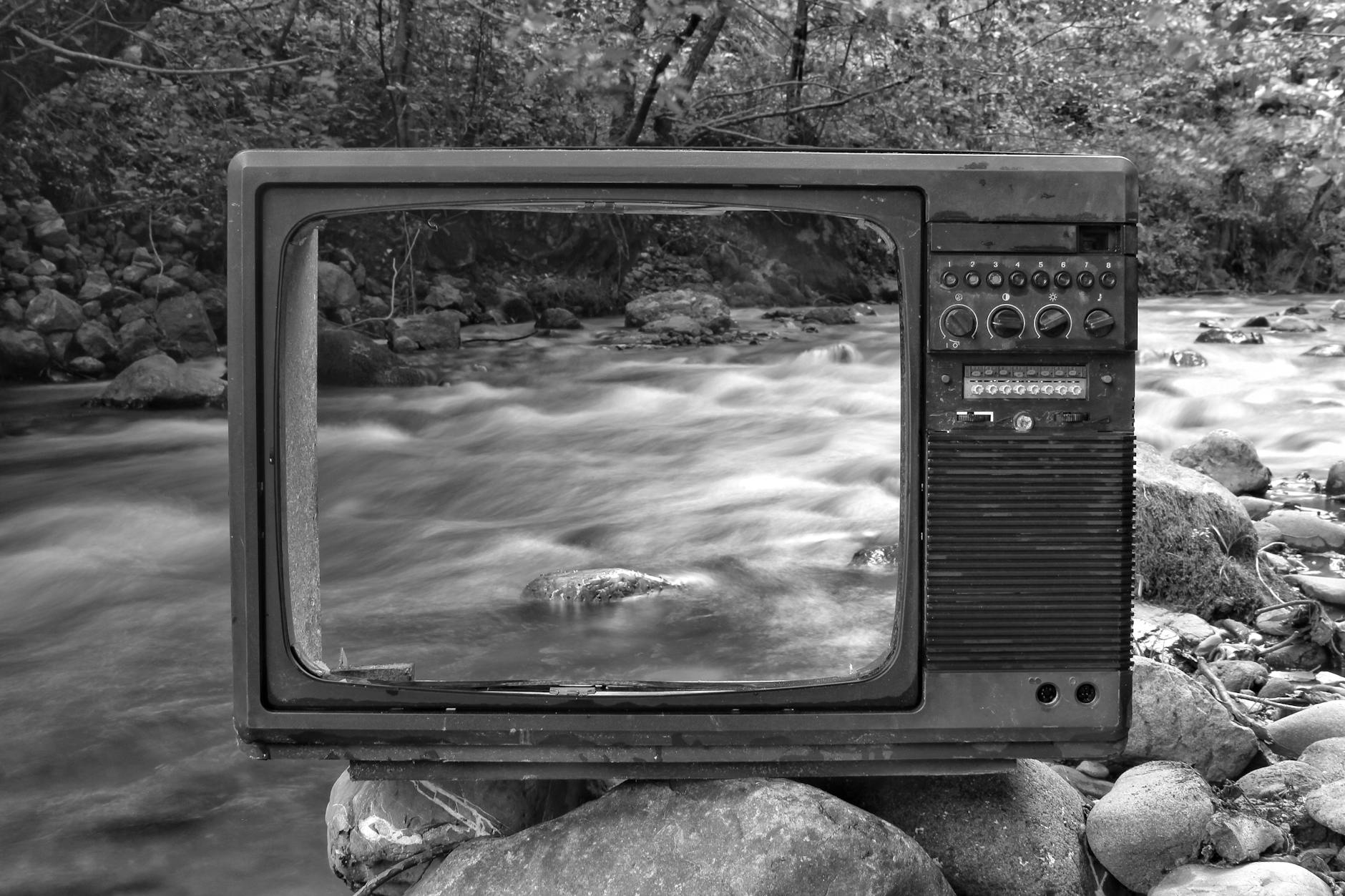Discover the truth behind common misconceptions about kidney stones and how to prevent and manage them for a pain-free life.
Table of Contents
- What Are Kidney Stones?
- Myth: Only Older Adults Get Kidney Stones
- Myth: Drinking More Water Does Not Prevent Kidney Stones
- Myth: Kidney Stones Are Always Symptomatic
- Myth: Cutting Out Calcium-Rich Foods Prevents Kidney Stones
- Myth: Only Medication Can Treat Kidney Stones
- Myth: Kidney Stones Are Always Genetic
- Myth: Kidney Stones Are Harmless
- Conclusion
Living with kidney stones can be a painful and challenging experience, but unfortunately, there are many misconceptions and myths surrounding this common condition. In this blog post, we aim to debunk these misunderstandings and provide you with accurate information to better understand kidney stones.
What Are Kidney Stones?
Kidney stones are hard deposits composed of minerals and salts that form in the kidneys. They can vary in size and shape, and they can cause intense pain when passing through the urinary tract. Contrary to popular belief, kidney stones are not actually stones but crystallized minerals that accumulate in the kidneys.
Myth: Only Older Adults Get Kidney Stones
One common misconception about kidney stones is that they only affect older adults. While it is true that the risk of developing kidney stones increases with age, people of all ages, including children, can develop this condition. Factors such as diet, dehydration, and certain medical conditions can increase the likelihood of kidney stone formation.
Myth: Drinking More Water Does Not Prevent Kidney Stones
It is often thought that increasing water intake does not have any impact on preventing kidney stones. However, staying hydrated is one of the most effective ways to reduce the risk of developing kidney stones. Drinking an adequate amount of water helps to dilute the minerals and salts in the urine, making it less likely for kidney stones to form.
Myth: Kidney Stones Are Always Symptomatic
Another misconception about kidney stones is that they always cause symptoms. While some kidney stones do cause severe pain and discomfort, others can be asymptomatic and may go unnoticed until they are discovered incidentally during imaging tests. It is important to undergo regular check-ups and screenings to detect kidney stones early.
Myth: Cutting Out Calcium-Rich Foods Prevents Kidney Stones
There is a common belief that avoiding calcium-rich foods can prevent kidney stones. In reality, consuming an adequate amount of calcium as part of a balanced diet can actually help reduce the risk of developing kidney stones. Calcium binds with oxalate in the intestines, preventing it from being absorbed into the bloodstream and excreted in the urine.
Myth: Only Medication Can Treat Kidney Stones
While medication can help manage the symptoms of kidney stones and promote the passage of small stones, it is not the only treatment option available. Depending on the size and location of the kidney stones, various procedures such as shockwave lithotripsy, ureteroscopy, and percutaneous nephrolithotomy may be necessary to remove the stones.
| Myth | Reality |
|---|---|
| Kidney stones are always extremely painful. | While kidney stones can be very painful, some people may not experience any symptoms at all. |
| Only men get kidney stones. | Both men and women can develop kidney stones, although men are more likely to experience them. |
| Drinking more water will not prevent kidney stones. | Staying hydrated can help prevent kidney stones by diluting the substances in urine that can lead to stone formation. |
| Once you have had kidney stones, you will always get them. | While some people may experience recurring kidney stones, others may never have them again after their first occurrence. |
Myth: Kidney Stones Are Always Genetic
While a family history of kidney stones can increase the risk of developing this condition, genetics are not the sole determining factor. Lifestyle factors such as diet, hydration levels, and underlying medical conditions also play a significant role in the formation of kidney stones. Making healthy lifestyle choices can help prevent kidney stones.
Myth: Kidney Stones Are Harmless
Although kidney stones may seem harmless to some, they can lead to serious complications if left untreated. Large stones or stones that block the urinary tract can cause severe pain, infection, kidney damage, or even kidney failure. It is essential to seek medical attention if you suspect you have kidney stones.
Conclusion
By debunking these common misconceptions about kidney stones, we hope to provide you with a better understanding of this condition and empower you to take proactive steps in preventing and managing kidney stones. Remember to stay hydrated, maintain a balanced diet, and seek medical advice if you experience symptoms of kidney stones.
FAQ
Are kidney stones always painful?
While kidney stones can be excruciatingly painful, some people may not experience any symptoms at all, especially if the stones are small and pass without causing obstruction or inflammation.
Can kidney stones be passed naturally without medical intervention?
In some cases, small kidney stones can be passed naturally through the urinary tract without the need for medical intervention, especially if the individual stays well-hydrated and follows a prescribed diet.
Do all kidney stones require surgical intervention for removal?
Not all kidney stones require surgical intervention for removal. Depending on their size, location, and symptoms, kidney stones can often be managed with conservative measures such as medication, lifestyle changes, and dietary modifications.
Can kidney stones be prevented entirely?
While it is not always possible to prevent kidney stones entirely, adopting a healthy lifestyle, staying well-hydrated, and following a balanced diet low in oxalate-rich foods can significantly reduce the risk of developing kidney stones.





